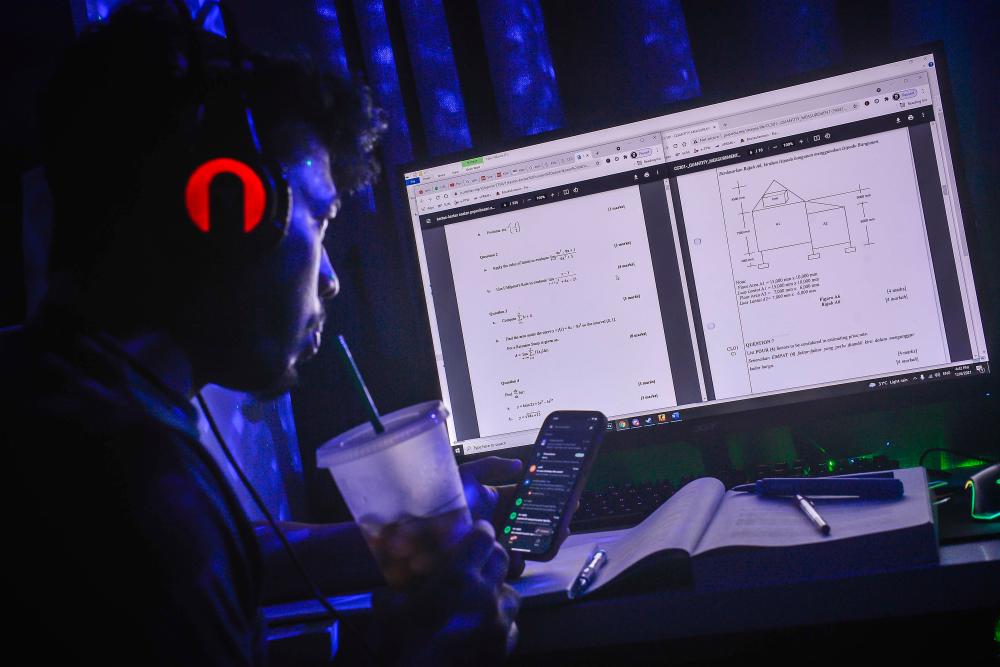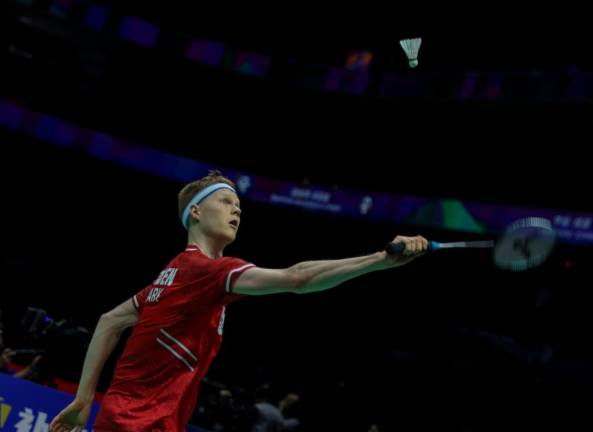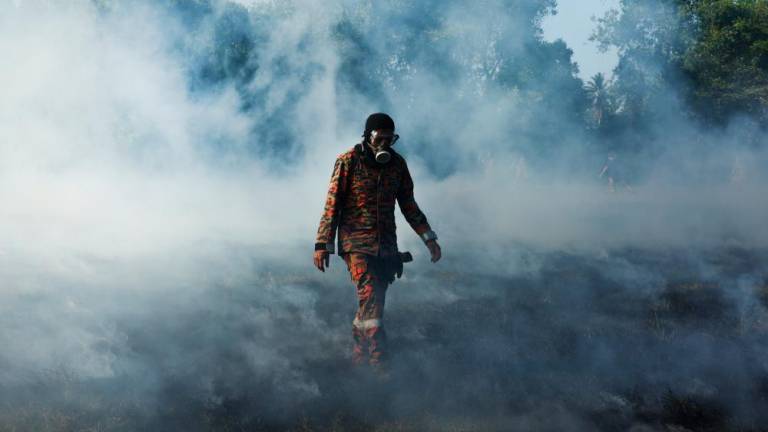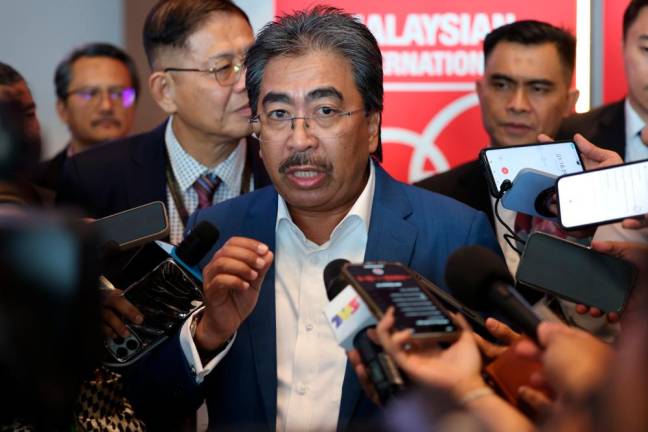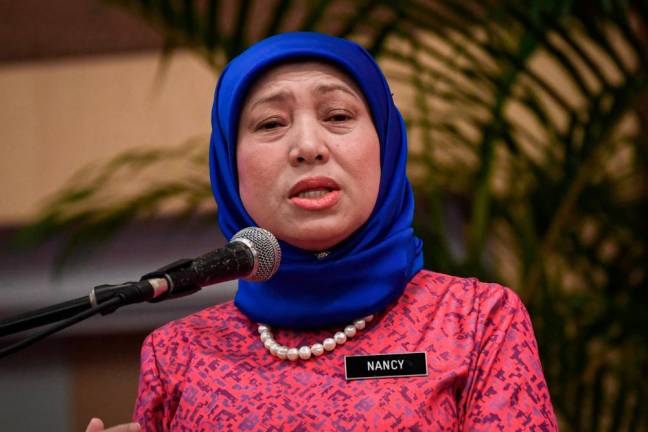PETALING JAYA: The National Council of Professors governance, law and management cluster head Prof Dr Nik Ahmad Kamal Nik Mahmood has expressed concern over the number of university students involved in academic misconduct.
He was commenting on the latest Higher Education Ministry data, which showed 945 students were accused of academic misconduct between 2018 and 2023, under the Universities and University Colleges Act (Auku) 1971.
This includes various forms of cheating, such as bringing unauthorised notes into examination halls.
“While the ministry’s data covers traditional forms of cheating, the implications of using online resources remain a grey area within the framework of Auku.
“Engaging in any form of cheating is deemed unacceptable. Students who have actively employed search engines and artificial intelligence (AI) need to realise the consequences of doing so.”
Nik Ahmad said public and private higher education institutions are formulating policies regarding the incorporation of generative AI, such as ChatGPT, in academic endeavours.
“There is already a debate regarding what percentage of AI is permitted, particularly in written assignments. The prevailing policy dictates that AI should not play a role in written assignments, including dissertations.
“However, we acknowledge that certain AI tools, such as grammar and plagiarism checkers can assist students to refine their English language and present better quality work.”
Nik Ahmad said there is a pressing need to establish clear and forward-thinking policies to decide when using AI crosses the threshold into academic dishonesty.
“Currently, ‘academic misconduct’ is the blanket term used as a policy to prohibit AI usage. We expect deliberations to be held in future to reconsider it.
“The institutions must navigate the complexities of AI integration while upholding academic integrity. Crafting inclusive policies that accommodate beneficial AI applications while safeguarding against unethical practices is paramount for the advancement of academic standards,” he said.
National Association of Private Educational Institutions secretary-general Dr Teh Choon Jin said with advancements in technology, students now have access to a wealth of information at their fingertips.
While such information can enhance learning and research, he said students can also be tempted to commit academic dishonesty.
“Websites such as Google provide instant answers to queries, while ChatGPT can generate text-based responses, potentially aiding students in completing their assignments or examinations.
“The concern surrounding the use of online resources in academic settings stems from the blurred line between legitimate research and unethical conduct.”
Teh said while referencing sources is encouraged, relying solely on external assistance to complete assignments or examinations undermines the integrity of academic evaluation and violates Auku.
“The Higher Education Ministry must collaborate with universities and colleges to conduct thorough reviews of existing regulations to address the challenges posed by online resources.
“This may involve updating codes of conduct, implementing stricter monitoring measures during assessments and educating students on the ethical use of technology in academia,” he said.
Teh added that students must also have a greater awareness of the consequences of academic misconduct.
“While taking shortcuts through online resources is enticing, the long-term ramifications can be severe.
“Beyond the immediate penalties imposed by tertiary institutions, such misconduct undermines the value of education and diminishes the credibility of academic qualifications.”
Teh said efforts to combat academic misconduct should extend beyond punitive measures to focus on fostering a culture of integrity.
“Educators play a pivotal role in instilling honesty and accountability among students. Promoting critical thinking skills and emphasising the importance of independent learning can empower students to resist academic dishonesty,” he said.



